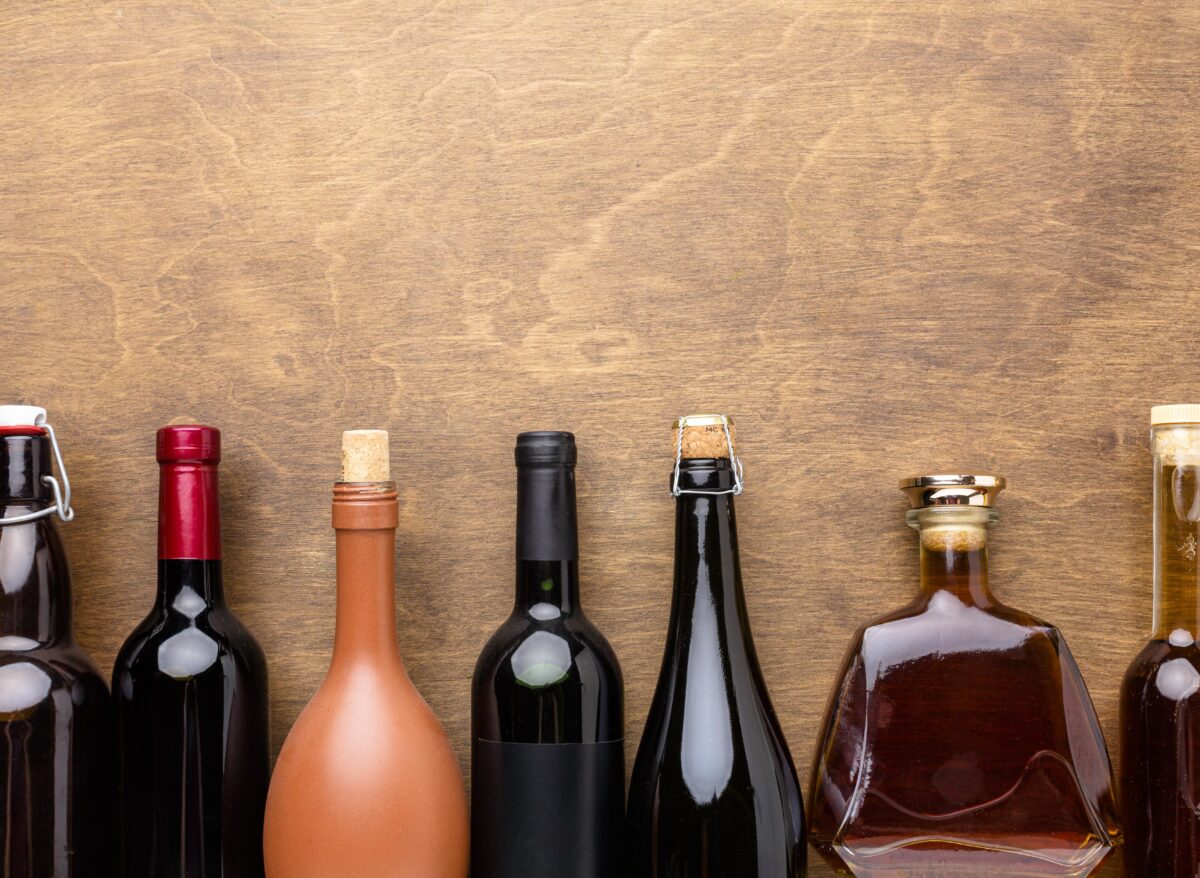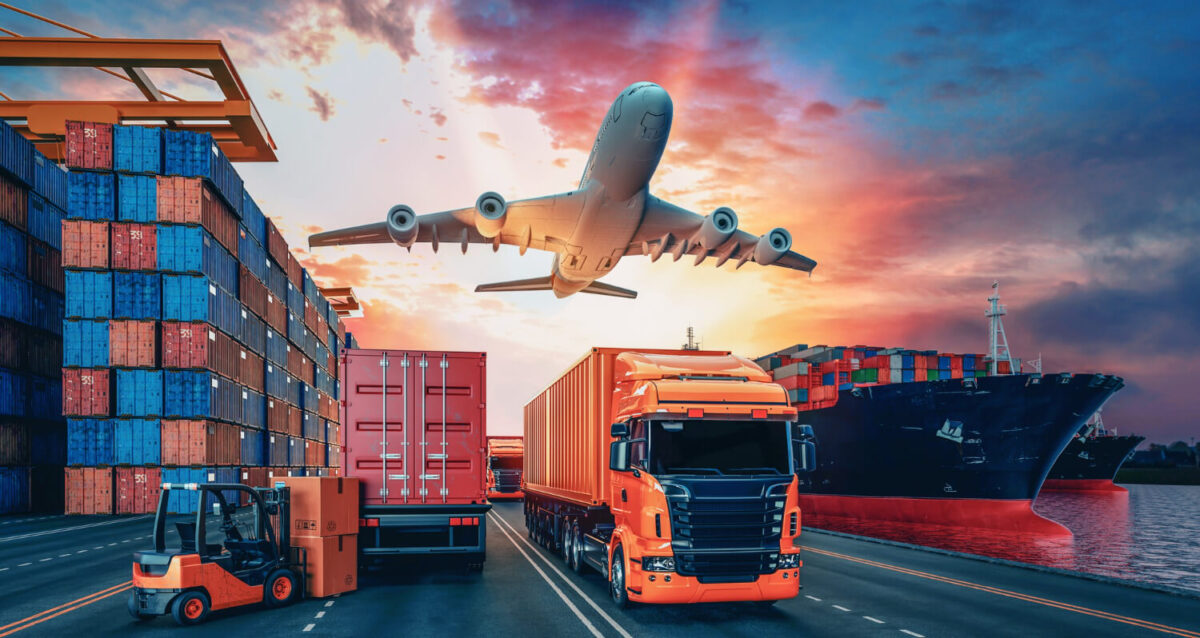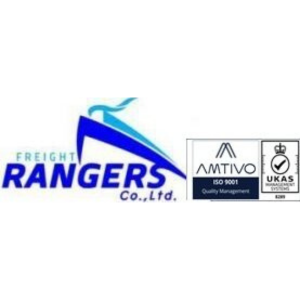
For those who have had the pleasure of tasting alcoholic beverages from various countries, you would know that each country’s drinks have unique and distinctive flavors. This presents an important opportunity for entrepreneurs who are interested in importing new and exotic drink flavors for people in the country to enjoy. However, when it comes to alcohol, many people may choose to give up on importing these products because they think that alcoholic beverages are difficult or impossible to import. In reality, importing alcohol can be done if you follow the steps, which are not as complicated as they might seem. Today, Freight Rangers will introduce the steps for importing alcohol and offer services such as Freight Forwarder to make the import process easier and more convenient.

Steps for Obtaining Import Permission for Alcoholic Beverages
1. Apply for a Type 1 Liquor Sales License
Type 1 liquor is one of the two types of alcohol that can be imported. It refers to distilled spirits with an alcohol content exceeding 20%. The other type, Type 2 liquor, includes non-distilled spirits, beer, and beverages with an alcohol content of 20% or less.
2. Obtain Label Approval
3. Registration
4. Submit Tax Payments
- Import Duty
- Excise Department Tax
- Internal Revenue Tax
- Import VAT
- Health Promotion Fund Contribution
- Public Broadcasting and Television Fund Contribution
- National Sports Development Fund Contribution
- Elderly Fund Contribution
5. Receive Liquor Stamps for Sealing Containers
Additional Considerations
Research
Laws
- Import Declaration Form
- Invoice or Bill of Lading
- Tax Payment Receipts
- Identification Documents (e.g., passport)
Market
- Types and brands of alcohol that are popular
- Target market segments
- General retail prices
- Competitive landscape
Product Sources
Import Procedures
- Contact an Import Agent: Choose an experienced and reliable import agent.
- Enter into a Sales Contract: Create a sales contract with the import agent.
- Handle Financial Transactions: Pay for the goods and transportation costs.
- Track the Goods: Monitor the status of the shipment.
- Complete Customs Procedures: Go through customs procedures and pay any taxes and duties.
- Store the Alcohol: Store the alcohol in a legally compliant and secure location.
Preparation Before Launching for Sale
- Setting a suitable selling price
- Creating promotions
- Marketing and brand promotion
- Training staff

Solve Your Alcohol Import Challenges with Freight Rangers
If you’re interested in importing alcohol or any other products, Freight Rangers is ready to provide consultations and answer all your questions 24/7.

ผู้ให้บริการขนส่งสินค้าระหว่างประเทศ (Freight Forwarder) ชั้นนำของไทย ด้วยประสบการณ์ยาวนานตั้งแต่ปี 2014 มากกว่า 12 ปีและได้รับการรับรองมาตรฐาน ISO 9001:2015 เราเชี่ยวชาญด้านโลจิสติกส์ครบวงจร มุ่งมั่นให้บริการที่รวดเร็ว ปลอดภัย และตอบโจทย์ทุกความต้องการของธุรกิจคุณ
